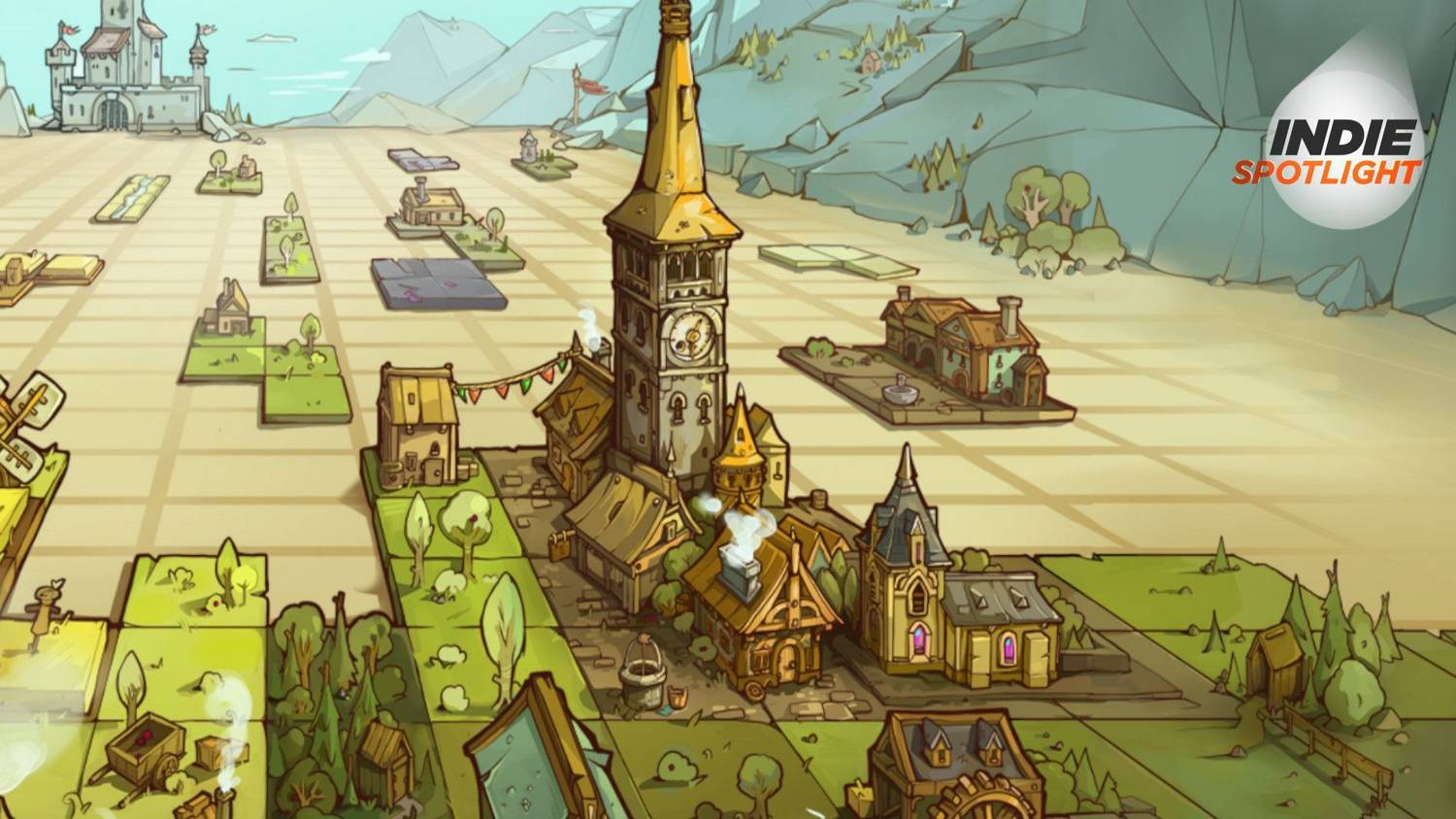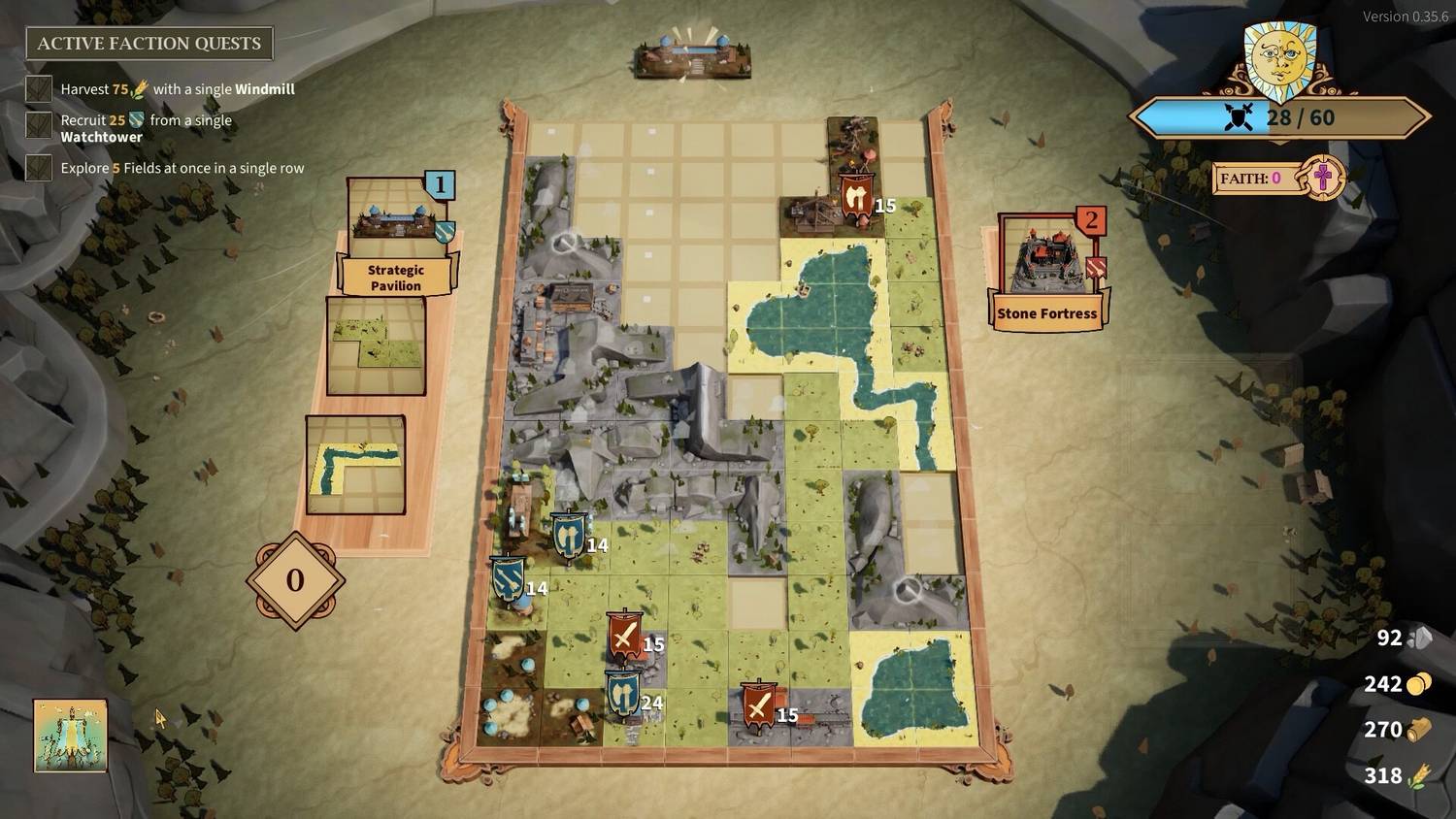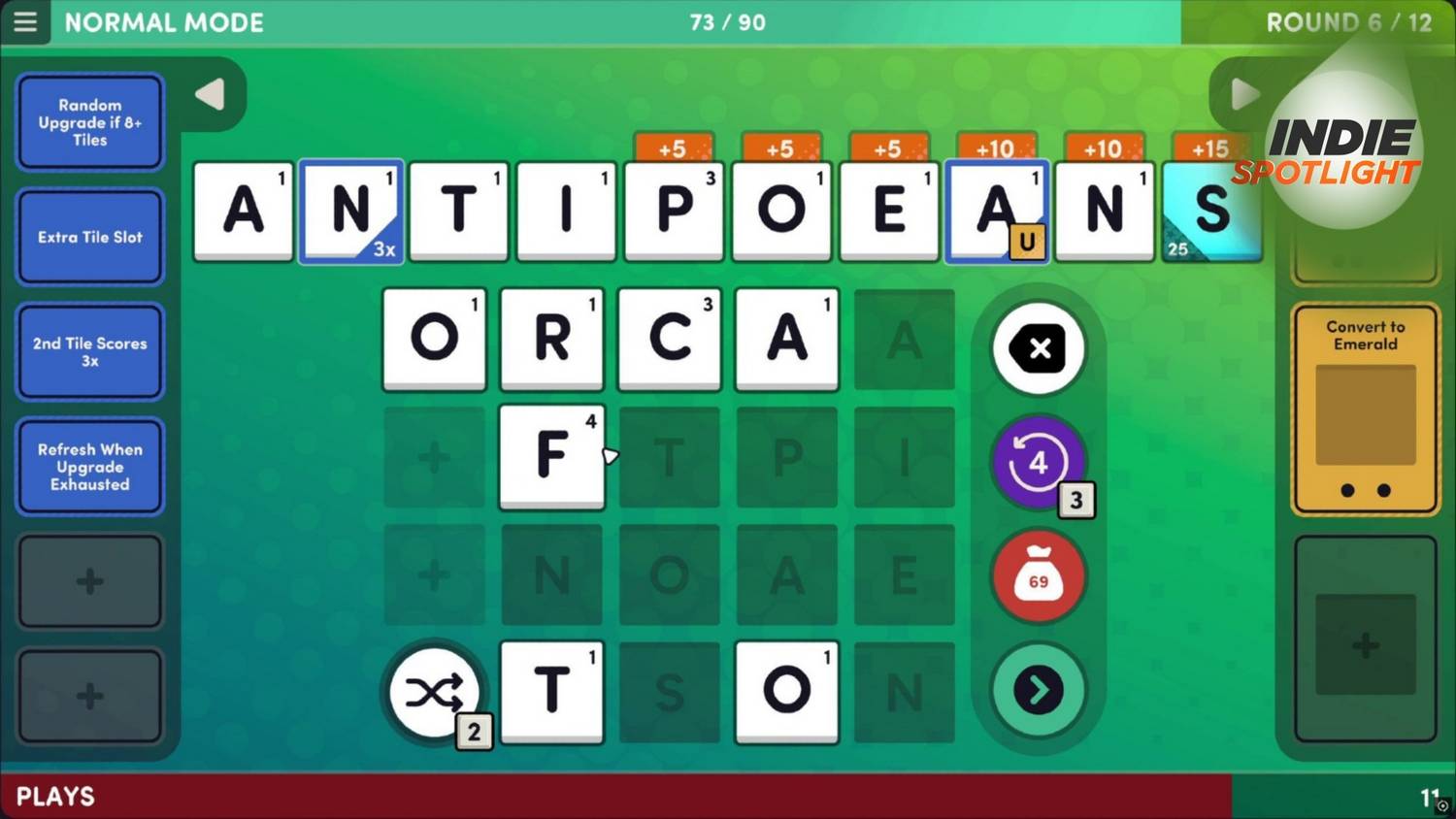Beyond the Block: How “Drop Duchy” Perfects the “Tetris” Formula
Popular Now
 Garena Free Fire: Kalahari
Garena Free Fire: Kalahari
 Gacha Club
Gacha Club
 Warframe
Warframe
 R.E.P.O
R.E.P.O
 Fall Guys
Fall Guys
 Stumble Guys
Stumble Guys
 The Legend of Zelda
The Legend of Zelda
 Minecraft
Minecraft
 Among Us
Among Us
 Poppy Playtime
Poppy Playtime
 For decades, the video game industry has been chasing the “perfect game,” a title with a core gameplay loop so simple and endlessly replayable that it transcends genres and generations. While many have tried, none have come as close to perfection as the original Tetris. Yet, the question remains: what is its final form? A new indie game from developer Sleepy Mill Studio, Drop Duchy, provides a compelling answer to this question by taking the classic falling-block formula and blending it with the strategic depth of a Civilization game and the replayability of a roguelike. The result is a surprisingly coherent and deeply addictive hybrid that, according to many, shows that “Tetris as a Civilization roguelike” is one heck of a twist.
For decades, the video game industry has been chasing the “perfect game,” a title with a core gameplay loop so simple and endlessly replayable that it transcends genres and generations. While many have tried, none have come as close to perfection as the original Tetris. Yet, the question remains: what is its final form? A new indie game from developer Sleepy Mill Studio, Drop Duchy, provides a compelling answer to this question by taking the classic falling-block formula and blending it with the strategic depth of a Civilization game and the replayability of a roguelike. The result is a surprisingly coherent and deeply addictive hybrid that, according to many, shows that “Tetris as a Civilization roguelike” is one heck of a twist.
 Building an Empire, One Block at a Time
Building an Empire, One Block at a Time
Drop Duchy, which was released to a “Very Positive” reception on Steam on May 5, 2025, is a masterful blend of seemingly disparate genres. On the surface, it’s a simple falling-block puzzle game, but beneath that familiar facade lies a complex layer of resource management, deckbuilding, and strategic warfare. The game’s core loop is elegantly simple yet endlessly complex. You start each run with a 7×11 grid, and instead of clearing lines, you use falling blocks to build a miniature kingdom.
The blocks are no longer just simple shapes; they are terrain types—fields, forests, and mountains. When you complete a full line, you are rewarded with resources (food, wood, and stone) that you can use to build your duchy and recruit troops. The placement of your blocks matters, as different buildings and units gain bonuses from being placed next to specific terrain types. A military barracks placed in the middle of a forest will gain more archers, for example, while a farm will produce more food if it is surrounded by fields.
This is where the “Civilization” element comes in. The game is a constant balancing act between building your own kingdom and denying resources to your AI opponent. The overarching goal is not just to survive but to build a powerful army and conquer enemy territories. The progression is tied to an overworld map where you choose between different destinations, each with its own unique challenges and boss battles.
 The Roguelike Twist: A New Experience Every Time
The Roguelike Twist: A New Experience Every Time
The roguelike elements of Drop Duchy are what truly elevate it from a simple puzzle game to an addictive, replayable experience. At the end of each round, you can choose from a set of new cards to add to your “deck.” These cards represent new buildings, units, and upgrades that can completely change the way you play. One run might focus on building a powerful archer army, while another might be all about amassing a huge amount of resources.
This deckbuilding mechanic, combined with procedurally generated levels and a wide variety of unlockables, ensures that no two runs are the same. The game is a perfect example of a “puzzle roguelike,” a genre that has seen a recent surge in popularity with titles like Slay the Spire and Peglin.
A Bold Vision for a Classic Genre
While some critics have pointed out that the game can feel overwhelming and that the art style can be a bit generic, the overwhelming consensus is that Drop Duchy is an innovative and important title. It’s a game that shows a willingness to experiment with a formula that many consider to be perfect and, in doing so, manages to create something new and exciting. It’s a testament to the fact that the “perfect video game” still hasn’t reached its final form and that there is still a wealth of untapped potential in combining classic game designs with modern genres. The high CPC keywords for these discussions, such as “Drop Duchy gameplay,” “best puzzle roguelike games,” “Civilization roguelike,” and “indie games 2025,” all point to a passionate and ongoing conversation about this new and unexpected twist on the classic puzzle genre.







